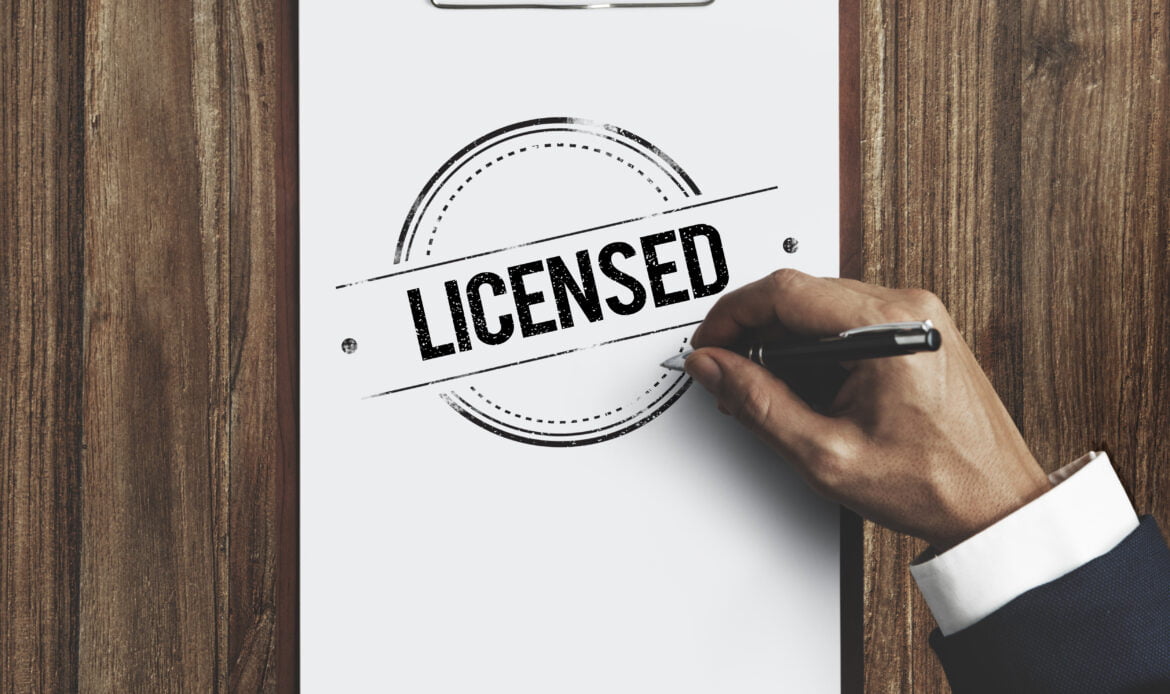LICENSING AGREEMENT
A licensing agreement is an agreement between two parties, i.e., the Licensor and the Licensee, in which the Licensor grants or allows the Licensee the right to use its brand name, trademark, intellectual property, patented technology, etc. In simple terms, this agreement grants the Licensee to use the intellectual property that is already being owned by the Licensor. In return of the license granted by the Licensor to use its intellectual property, the Licensee pay a fee/royalty to the Licensor to use its intellectual property. The Party that is providing license is called the Licensor and the Party that is acquiring the license is called the Licensee.
One such example of a Licensing Agreement is, Nestle and Starbucks. They entered into a licensing deal. Nestle was the Licensee and agreed to pay $7.15 billion dollars in cash to Starbucks, who was the Licensor. It acquired exclusive rights to sell Starbucks products around the world and Starbucks would receive royalties.

ADVANTAGES OF LICENSING
- The Licensor can use the Licensee’s distribution network to quickly and easily expand their business into new areas.
- Setting a licensing agreement saves a lot of time. If a person uses a trademark of another person, that person can sue the one using his trademark without a licensing agreement and it can lead to legal battles.
- It also gives the Licensor access to other markets.
DISADVANTAGES OF LICENSING
- One disadvantage is of making a contract with a wrong party. In an urgency to get into new markets, the Licensor may not do its research and may be stuck into a contract with a company whose objectives do not align with the Licensor.
- Both parties are at a risk of loosing their brand power and/or their reputation.
- When the Licensor and the Licensee enter into an agreement, it creates competition for the Licensor. Even though the Licensee represents the Licensor, they still compete with each other.
Licensing agreements ensure that one has legal permission to use another person’s or business’s property. Mostly licensing agreements are for intellectual property such as, trademarks, patents, copyrighted materials, etc. There are specific types of licensing agreements:
- Trade secret licenses
- Trademark licenses
- Patent licenses
- Copyright licenses
A licensing agreement covers the following:
- Payment
- Exclusivity
- Subsidiary licensing
- Quality assurance
- Sub- agreements
Having a well written licensing agreement is essential for both the Licensor and the Licensee. It is important to have a licensing agreement in order to use intellectual property of another person.
Also Check : Commercial Lease Agreement







1 reply on “WHAT IS LICENSING AGREEMENT?”
[…] will first carefully evaluate the legal and business ramifications of such exercise. Also Check : Lease Agreement Article Post navigation ← Previous PostNext Post […]